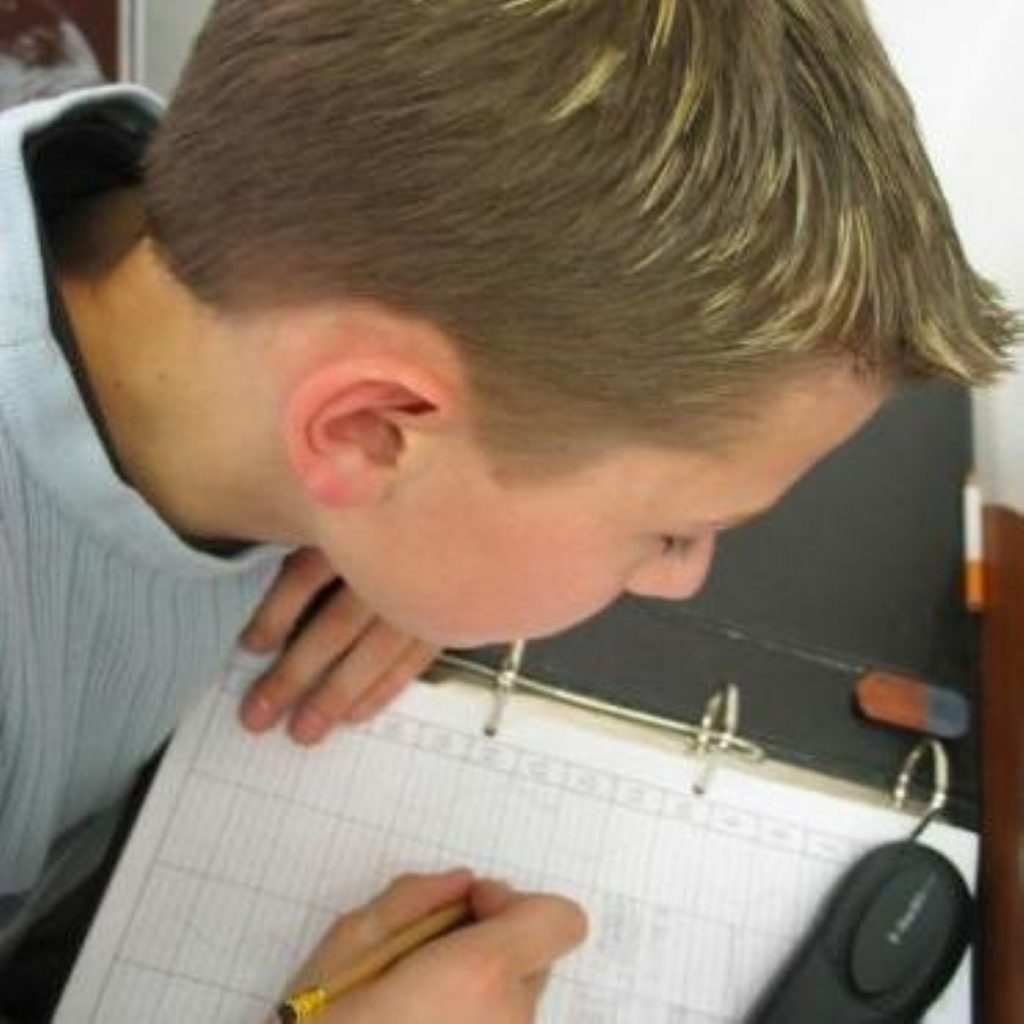GCSE pass rate falls
GCSE results published today have shown a fall in the pass rate for the second year running provoking criticism of the Government’s 14-19 education policy.
Of the 5.73 million exams taken in May and June 2.4% did not even receive a grade G, 0.3% more than last year.
However results were very polarised with the proportion of entries receiving the highest grades also increasing. One in 20 GCSEs were A* grade and one in six were A grade.
The number of students receiving an A* to C grade, the basis of school performance tables, was 58.1%, up 0.2 on the same time last year.


Education Secretary Charles Clarke applauded both teachers and pupils for what he described as ‘good results’.
‘I am confident that our secondary school reforms will help drive up standards even higher at GCSE in the future. I am encouraged by the progress in this year’s 14 year old tests where we have seen the best ever results,’ he commented.
The National Union of Teachers (NUT) took a philosophical view of the fall in results stating that it is inevitable that it becomes harder and harder for overall achievement to rise year on year.
NUT General Secretary Doug McAvoy also used the results to defend the future of GCSEs: ‘The GCSE exam has proved its worth. Any changes to examinations considered by Government advisers have to take into account that success and the stability of GCSE as an exam,’ he argued.
But the National Association of Head Teachers used the publication of the results to call for reform in the 14-19 system.
‘It is blindingly obvious that if, the Government is to achieve anything like a 100% staying on rate at 16, let alone 17, there will have to be much better recognition of achievement across a range of qualifications,’ it stated.
The Liberal Democrats said that the number of children who got five GCSEs at Grade A* to C is ‘not the point’ when one in four 15 year olds did not attempt GCSEs in all the core subjects of English, Maths, Science, and a Modern Foreign Language.
The shadow education secretary Phil Willis commented: ‘We have to ensure that pupils have a curriculum that is appropriate. Where pupils are performing badly, a common factor is not primarily wealth or gender, but that they are alienated from the curriculum.’
Almost half of students taking maths and double science and more than 40% taking English at GCSE failed to achieve a C grade.

